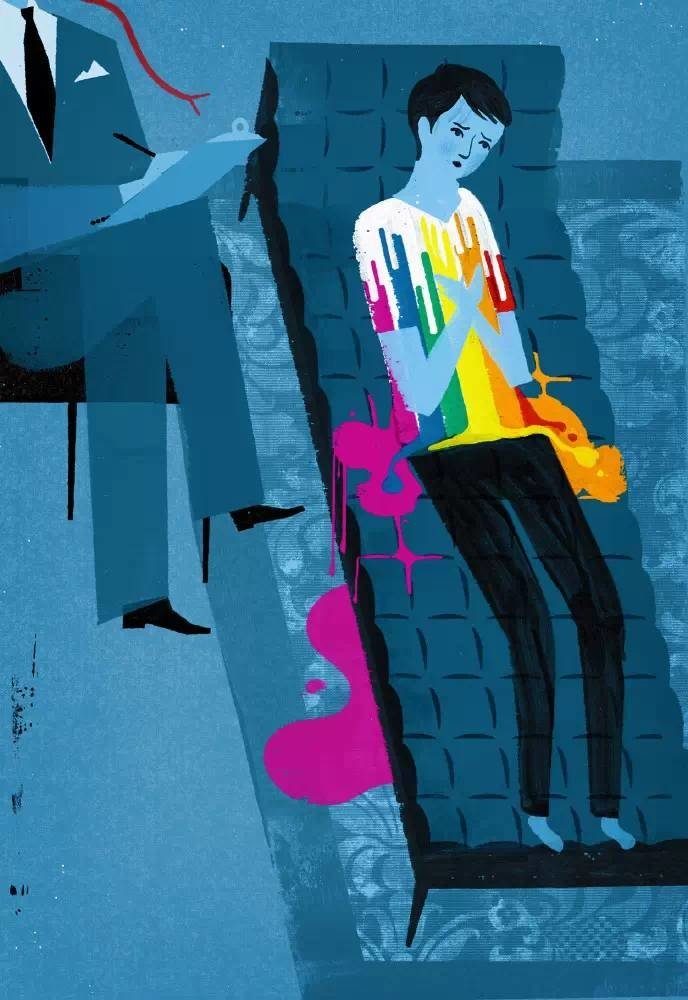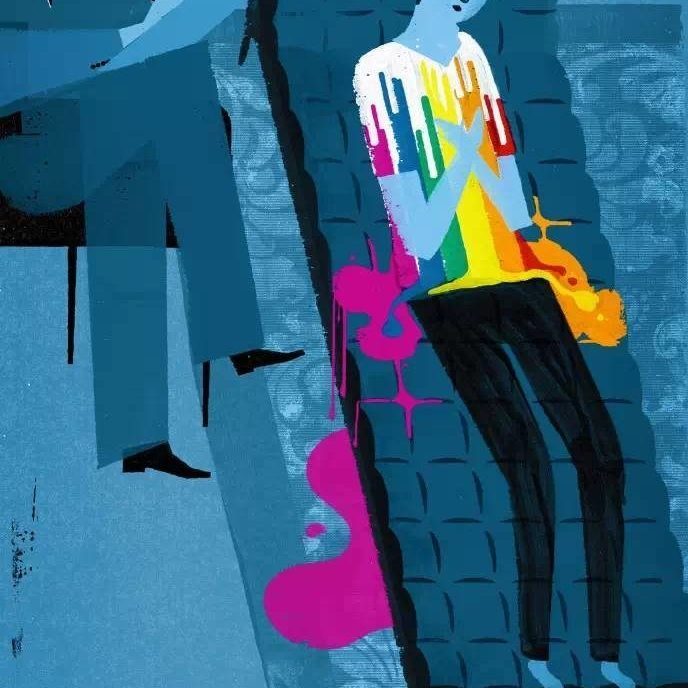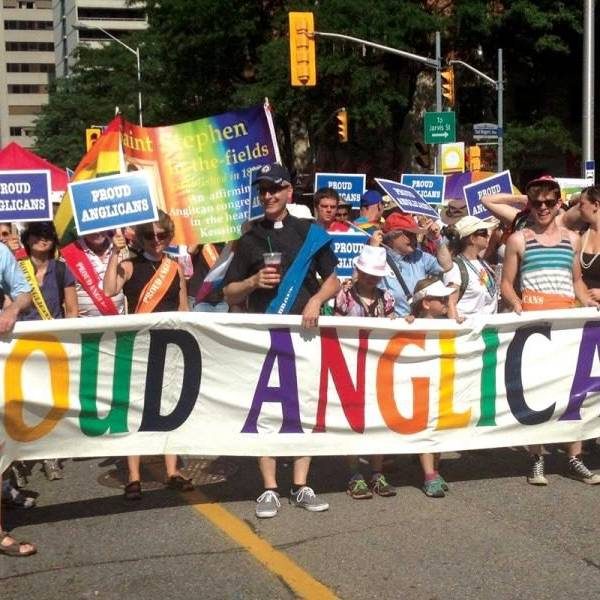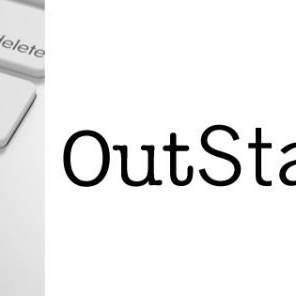 The AASW has called on the Queensland Government to broaden the definition of ‘health service provider’ to better restrict the practice of harmful ‘conversion therapy’, a harmful and discredited practice which purports to convert lesbian, gay and bisexual people into heterosexual.
The AASW has called on the Queensland Government to broaden the definition of ‘health service provider’ to better restrict the practice of harmful ‘conversion therapy’, a harmful and discredited practice which purports to convert lesbian, gay and bisexual people into heterosexual.
AASW Queensland Branch President Ellen Beaumont said that while the proposal to legislate against ‘conversion therapy’ practice was a commendable step by the Queensland Government, the failure to explicitly include non-regulated professionals such as those claiming to be counsellors or religious advisers in the Health Legislation Amendment Bill 2019, could see the unethical practice continue across the state.
Ms Beaumont said, “We welcome the intent of the proposed Bill, but it fails to ensure that non-regulated professionals who engage in conversion therapy are held to same account and are open to the same penalties as health service providers. It also further highlights the necessity of social work registration as profession.”
The practice is far more likely to be performed by a non-professional than by a professional, but vulnerable and desperate people may not be able to tell the difference.
Ms Beaumont continued, “Our state’s legislative safeguards simply must cover the breadth of services and organisations that may engage in this practice, including religious and spiritual advisers. We need to recognise that whether the person is a health service provider or not, conversion therapy offered by any ‘professional’ or person in a position of power has the risk of causing significant harm and breaches vulnerable peoples human rights.”
Ms Beaumont’s comments follow the AASW’s written submission to the Health, Communities, Disability Services and Domestic and Family Violence Prevention Committee on the Health Legislation Amendment Bill 2019 which includes the attempt to outlaw conversion therapy practice by health service providers across the state.
While the AASW endorses the prohibition in principle, alongside the need to broaden who the legislation covers, the Association has also called for the Bill to reflect more affirming terminology and to expand on definitions of ‘gender identity’, ‘gender expression’, ‘sexual orientation’ and ‘sex’.
Ms Beaumont said, “This is a significant piece of legislation that limits the threat of vulnerable people being subjected to a knowingly harmful practice. But there’s still more opportunity for the Bill to better ensure our state policies reflect inclusive and contemporary terminology and provides a greater breadth of safeguards beyond ‘health service providers’.”





